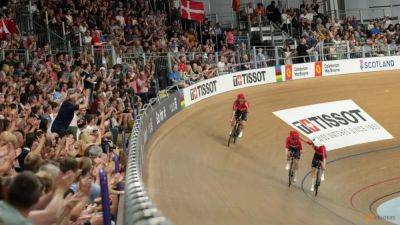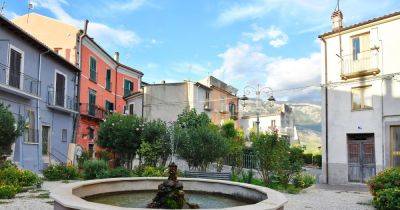Italy's 'textile town' is leading the way to a responsible closet
The textile industry is one of the most polluting in the world. It thrives in brightly lit stores and shopping malls: cheap clothing and fast fashion. Production has exploded worldwide... Along with its toxic emissions and devastating environmental impacts.
According to the European Commission, in 2022, the European consumption of textiles has the fourth highest impact on the environment and climate change, after food, housing and mobility. The textile industry is the third largest consumer of water and land and ranks fifth for the use of primary raw materials and greenhouse gas emissions.
The Ellen Macarthur Foundation published a report in 2017, estimating that the sector uses between 792 to 931 billion cubic meters of water per year in textiles production - from cotton farming to dyeing and treatments. This is the equivalent of 4% of all freshwater extraction globally.
We're buying more and more clothes, but they last half as long. They often end up in landfill sites, far from Europe, out of sight and out of mind. In Europe, Less than half of the used clothes are collected for reuse or recycling when they are no longer needed, and only 1 % end up being recycled into new garments.
This leaves a big question: is a sustainable paradigm shift still possible?
The Italian city of Prato is no stranger to wool recycling. Located just a few kilometres from the Renaissance capital of Florence, it has been a European textile centre since the middle ages and it is also a circular economy hub.
Due to an old law prohibiting the import of raw wool, the city has become a leader in recycling the material, producing 15% of the world’s recycled textiles.
The Italian company Comistra is a leader in wool recycling. This century-old, business







